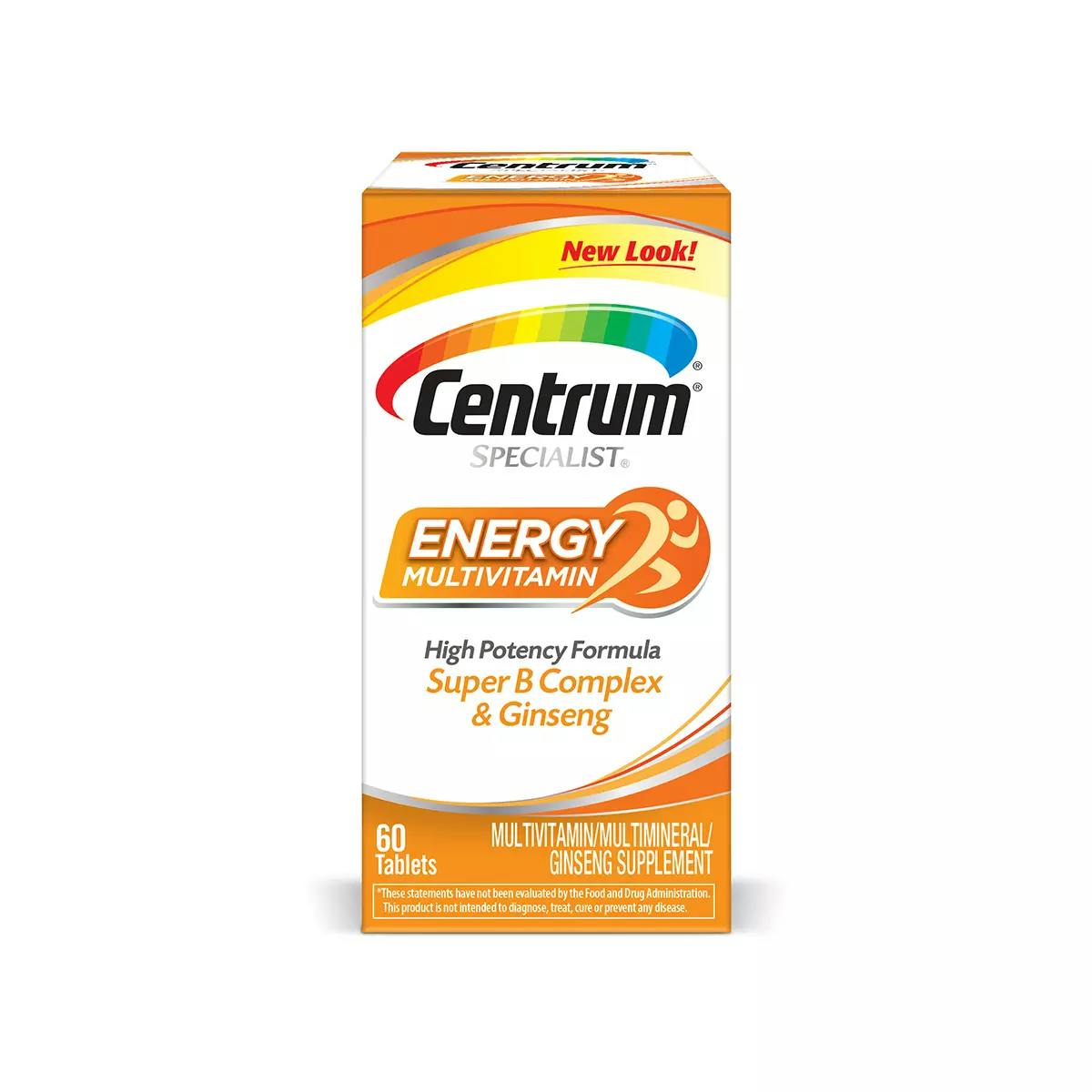Debunking Vitamin Myths

Health, self-care, and incorporating the right nutrition into our lives is becoming increasingly important. With the plethora of vitamins and supplements available to consumers these days comes much information about their potential benefits and pitfalls to sort through. Follow along with Centrum as we debunk some common vitamin myths.
Debunking Vitamin Myths: Can Vitamin C Support Immune Health?
Vitamin C has been shown to support immune health, however most scientists agree that Vitamin C is not an effective singular treatment for any illness. Vitamin C can supplement a healthy immune system.[1]
Debunking Vitamin Myths: Is More Vitamin D Really Better?
Vitamin D is important for your health, but “the more, the better” isn’t true when it comes to this essential vitamin. Let’s start with the facts: Your body needs vitamin D to help absorb calcium from the intestines. This calcium helps to “mineralize the skeleton” over the course of your life and plays a part in forming the hardened bone that keeps you strong and healthy.[2]
A myth that dermatologists often try to disprove is that you need to get a certain amount of daily sun exposure in order to produce a healthy amount of Vitamin D. This is not true. The majority of people are able to get enough vitamin D in fortified foods and vitamin D supplements, although a safe amount of sun exposure to intake beneficial vitamins is recommended as well.[2]
The Truth About Vitamins: Setting the Record Straight
There are many resources that provide information about the health benefits that vitamins offer. Vitamins do play an important role in maintaining your health, but keep these few things in mind:[3]
- Vitamins are not drugs or miracle cures.
- Eating plenty of fruits, vegetables, and whole grains will help give your body the vitamins it needs.
- Vitamin supplements cannot replace a healthy diet but they do help if your diet is sometimes inadequate.
- Those in certain circumstances, such as women who are pregnant or breastfeeding, those with certain health conditions, and some of the elderly may find vitamin supplements helpful. You should always consult with your health care provider before starting to take new supplements.
Whether you’re curious about the truth around Vitamin C or Vitamin D, it’s important to do the research around the supplements you are putting into your body, and speak with your health care provider before trying any supplements that may be right for you.











